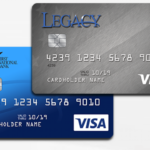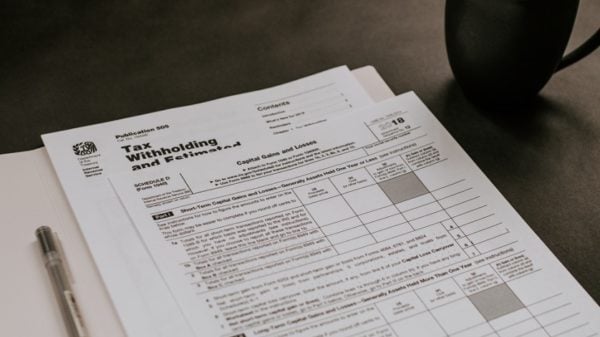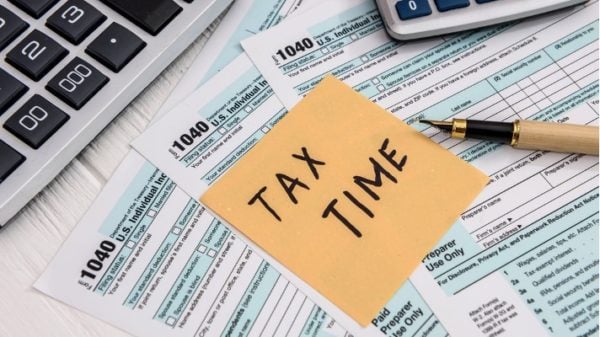Even if you’re planning to file bankruptcy because you’re financially struggling, it will still incur hefty fines and other related costs. Regardless of the kind of bankruptcy and if you’re doing it yourself or asking an attorney to do the job, you’re not yet free from paying an insane amount of processing expenses.
Usually, you’ll be charged about $400 to file for a bankruptcy petition. When you decide to use a DIY approach to this, you’ll most likely be sticking to that rate. On the other hand, seeking professional help, such as a bankruptcy lawyer, will have more zeroes to that initial rate. The legal fees vary from one attorney to another. Furthermore, it will also depend on the location of where the lawyer is practicing and the complexity of the case.
Scouring for additional is next to impossible if you’re already dried up. But there’s always a way to it. You just have to know which way to look and who to ask for help.
Types Of Bankruptcy
As an individual party, you’ll have two bankruptcy options, Chapter 7 or Chapter 13.
If you go for chapter 7, you’ll be more liquid, which means liquidating all your assets. Everything earned will be used to pay off the creditors. Once your debts are cleared, you’re free from any other financial obligation to the credit company.
Chapter 13 focuses more on seeking to restructure the payment plan. You come up with a proposal to pay the debt over a particular period as long as within three to five years. This will allow you to keep your assets rather than giving them all up in the Chapter 7 bankruptcy option.
The Chapter 7 provision doesn’t cover all debts. Some of the ineligible loans include student loans, taxes, alimony, and child support. Credit card debts can quickly be discharged, and so are other typical obligations. You still have to pay for those ineligible debts even after filing a Chapter 7 bankruptcy.

Can you afford to file one?
Fees And Other Costs
The two types of bankruptcy have standard fees that you need to settle for to push through with the case. Some of them are the filing and credit counseling fees.
The fee for filing will cost you between $300-$350, and the credit counseling cost is about $50. A person will be assessed if they need to go through a credit counseling session. Most firms have a standard price for such a service. Furthermore, there are additional expenses that you might encounter during the procedure, like paying for a debt education course. This happens after the filing, and you must attend the session so you can obtain a discharge. They will cost you about $100. If you can’t afford the course, you can request the provider to reduce the price or waive it.
Credit counseling fees, filing costs, and consumer education courses are all standard and consistent regardless of your location and the complexity of the case.
If you decide to hire an attorney to do the job, it may cost you more, but you’re guaranteed to have a seamless process and settlement.


































































